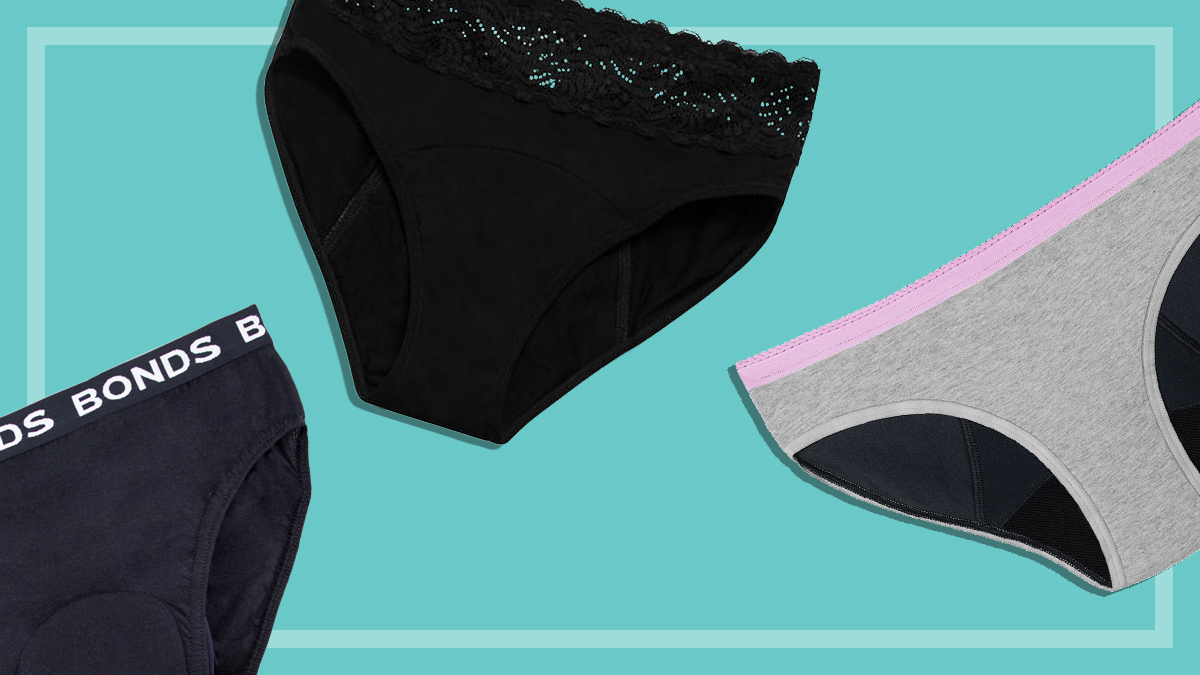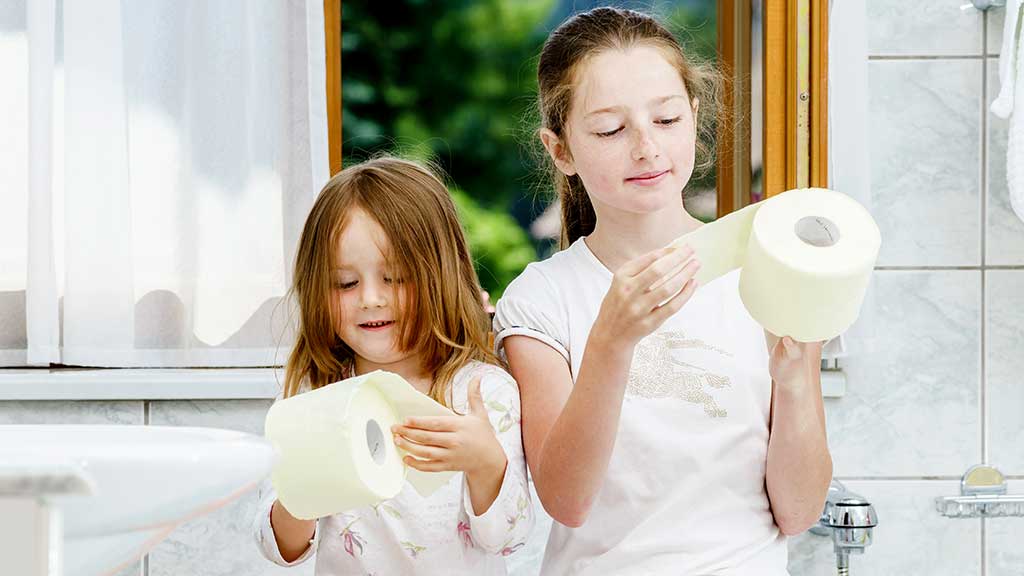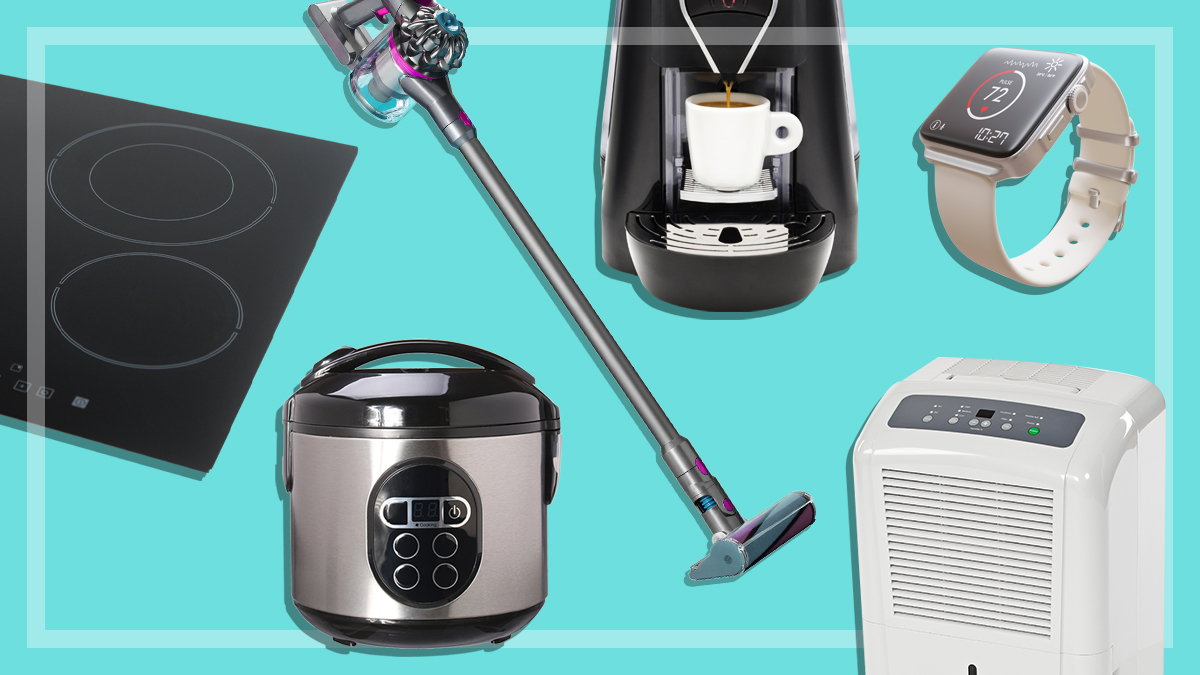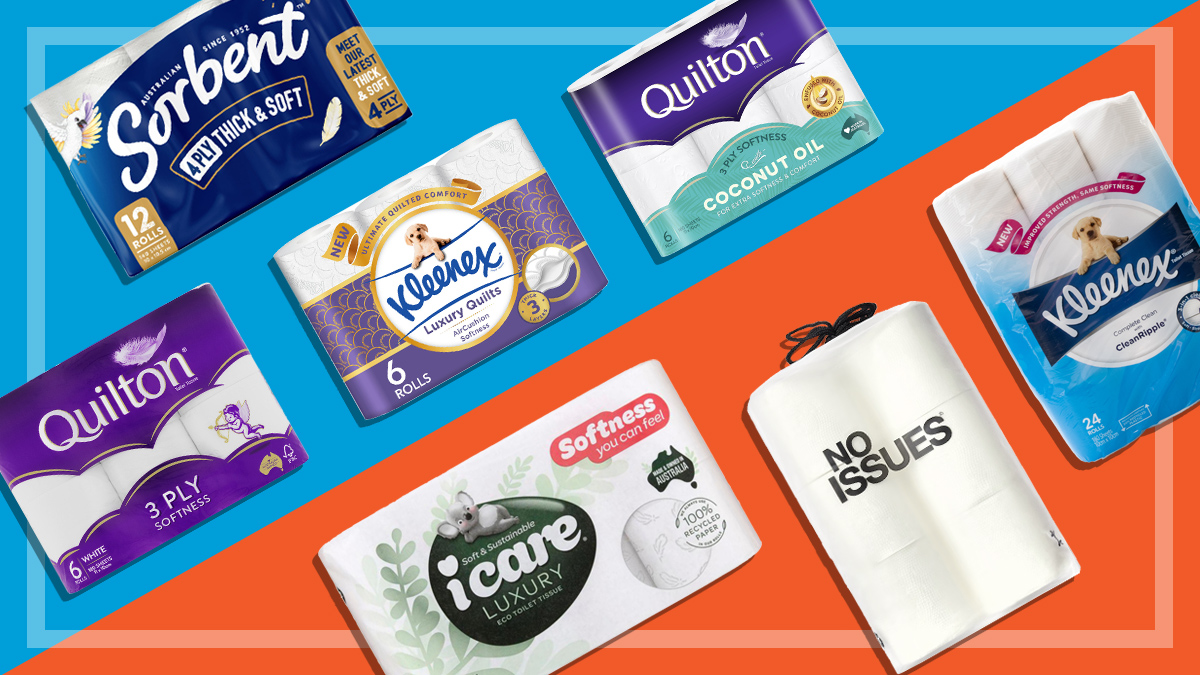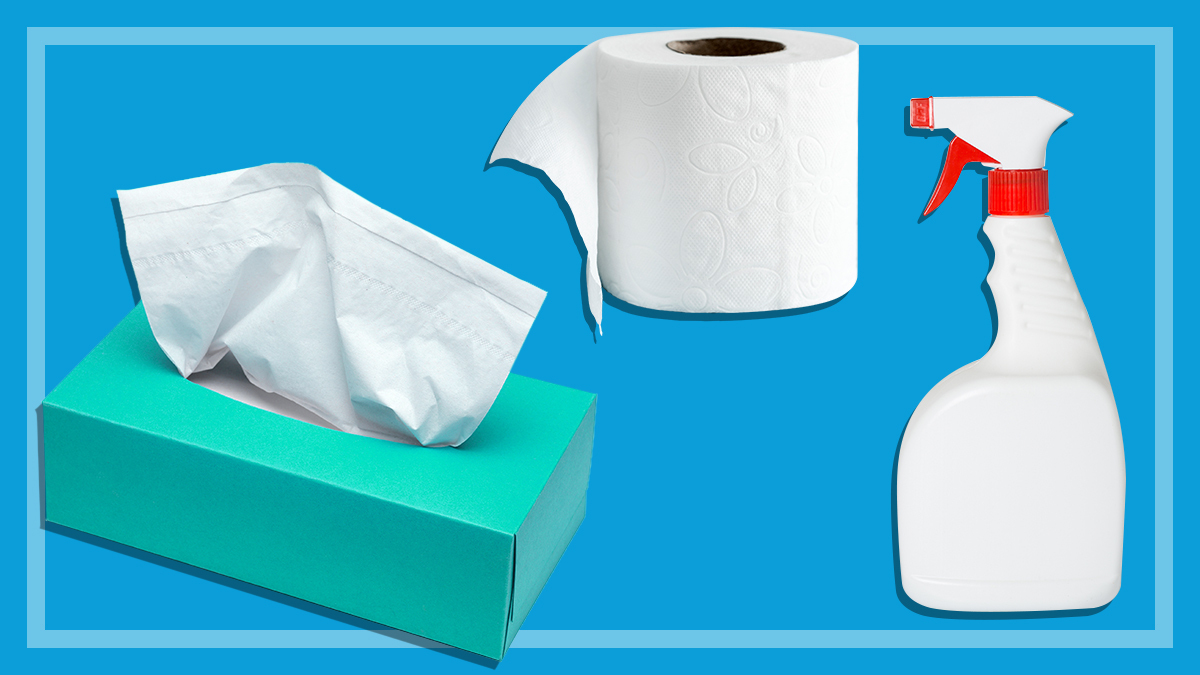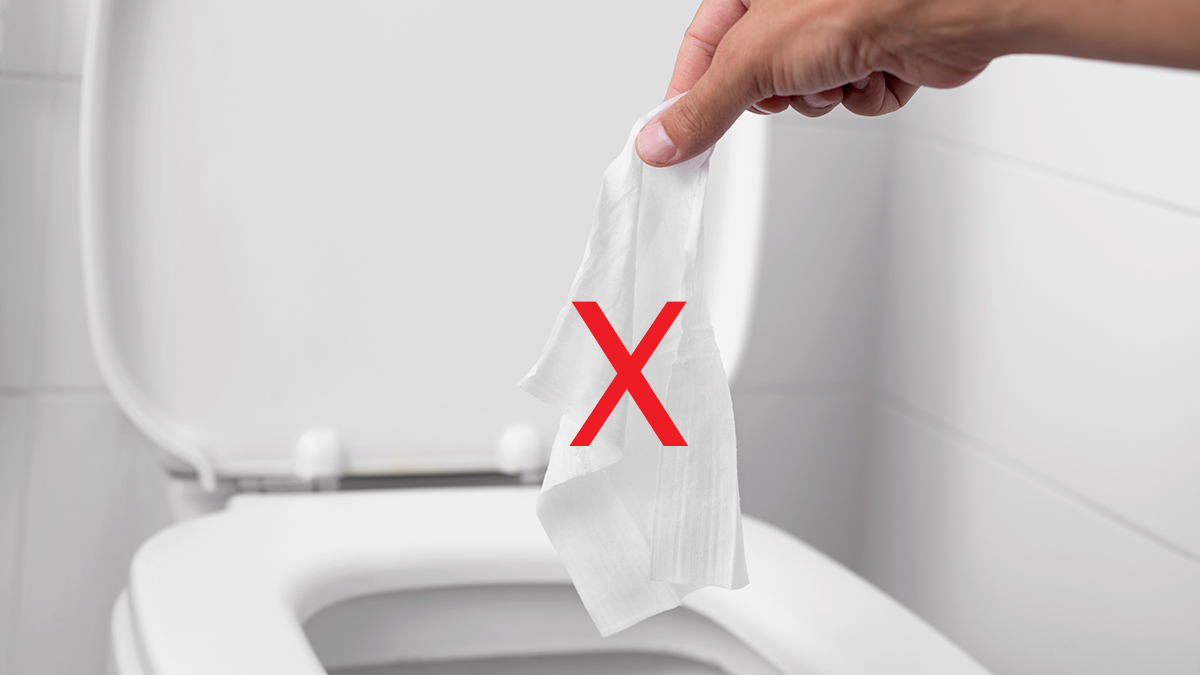Get our independent lab tests, expert reviews and honest advice.
How to reduce plastic in your bathroom
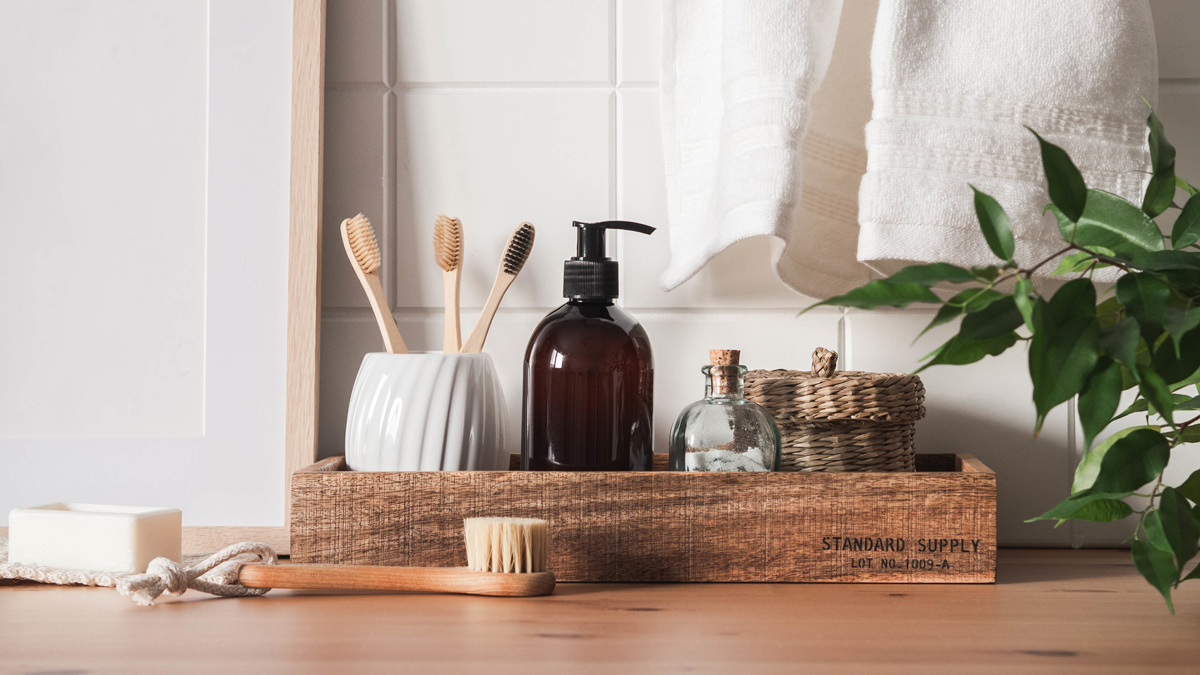
What does your morning bathroom routine look like? Shower, moisturise, brush teeth and do your hair (and maybe makeup)? Whether you’re in and out in five minutes, or you have a beauty routine more complicated than open-heart surgery, you’ll probably have a number of preferred products you turn to each day.
But how many of them are made from or packaged in plastic?
Old habits die hard
Many of us have changed our household habits to minimise our environmental impact: BYO takeaway coffee cups, recycling soft plastics, reducing food waste and the like.
But some habits are harder to change than others – and personal hygiene habits are particularly deeply ingrained. The mere thought of a change of grooming routine would throw many of us off-kilter, so switching to a low-plastic bathroom can seem daunting.
It doesn’t need to be that tricky, though! We’ve compiled some simple steps to help you give your bathroom a green makeover. Even the smallest changes will have an impact over the course of your life, so make a start and see which swaps you can make.
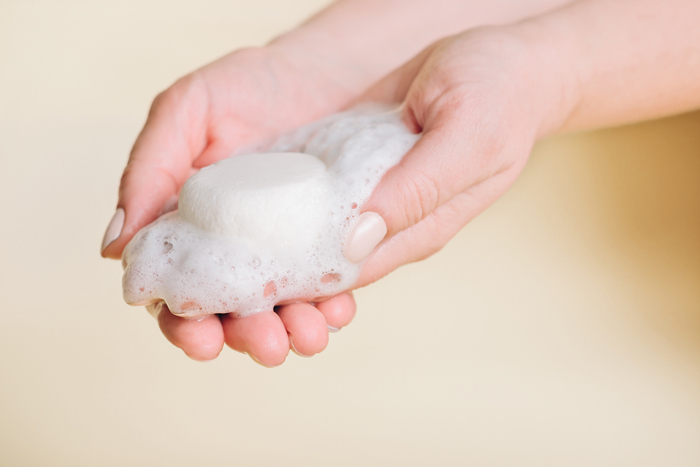
Things to consider before you start
Take it step by step
One tip before you get started: start small.
While you may be tempted to go all-in with your new eco bathroom routine, don’t chuck everything out in one go – that’ll just create more waste.
Not to mention that some reusable products can be pricey to begin with, so replacing every single plastic item in your bathroom could be an expensive proposition at first.
Wait until your liquid hand soap has run out, for instance, then buy some bar soap for the sink. Toothbrush on its last legs? Order a bamboo one. Research shampoo bars while you’re still working through your current bottle.
Trial and error
Switching from products you’ve been using for years (if not decades) can be a big change, so expect a settling-in period. And you may find that things don’t feel as convenient to begin with – but that’s a small price to pay if you’re committed to reducing your environmental impact.
Remember the days of single-use plastic shopping bags? The switch to reusable bags took a bit of getting used to, but now it’s second nature to grab them on the way out to the supermarket. You’ll probably find the same with any changes you make to your bathroom products.
Many non-plastic options feel and act differently from their traditional counterparts, so you’ll need to adjust to that.
You’re much more likely to stick with your new habits if you introduce them gradually, rather than everything all at once
Bar soap, for instance, can leave soap scum on your sink if you don’t use a soap holder. And you’ll probably find you need a solution to the gluggy, sloppy mess it can create if your soap dish doesn’t drain the water away. Bar shampoo doesn’t feel the same as liquid shampoo either, which can be a little disconcerting if you’re used to lathering your head with bubbles.
Also, some hair and skin products may not work for you, so it’s worth trying them out first before going all in. Many companies sell trial-sized bars, so give them a whirl before you commit.
But changing little by little, one product at a time, is a realistic way to do things – and you’re much more likely to stick with your new habits if you introduce them gradually, rather than switching everything all at once.

The easy swaps
Some bathroom swaps won’t require too much extra effort or money, so you can get started with these ones the next time you buy your groceries – most supermarkets will stock these alternatives.
- Buy toilet paper that’s wrapped in paper rather than plastic.
- Swap your plastic toothbrushes for ones made from cornstarch or bamboo.
- If you’re buying cotton buds, avoid the products with plastic stems and choose ones with cardboard, paper or bamboo stems.
- Pick up some bars of soap to replace liquid hand soap in your bathroom, kitchen and laundry.
- Many supermarkets now carry biodegradable dental floss picks and interdental brushes: buy these instead of plastic-based products.
Recycle the plastic you do use
For some products, it can be hard to find plastic-free replacements, and some aren’t affordable for everyone.
So if you still need to buy toothpaste in a plastic squeeze pack or foundation in a plastic bottle, do the next best thing by recycling them.
Some companies will even give you store credit for sending them your recycling – that’s a win-win for you and the environment!
Companies such as TerraCycle facilitate the recycling of beauty products and other bathroom packaging such as razors, electric toothbrushes, skincare bottles and more. There are a range of different options for recycling: some stores have drop-off points, others let you post your packaging back to the manufacturer. Many workplaces now have recycling programs for certain items.
Some companies will even give you store credit for sending them your recycling – that’s a win-win for you and the environment!
A range of bathroom products you can recycle through specific recycling programs:
- Medicine blister packs
- Hair product aerosol cans
- Toothpaste tubes, toothbrushes and dental floss
- Cosmetics
- Razors
- Skincare bottles and tubes
- Hair-dye containers.
Don’t transport water
If you read the ingredients list on many beauty products, you’ll see that one of the main ingredients is water. You can reduce your plastics waste and minimise carbon emissions from transport either by buying more concentrated products, or by switching to 100%-oil products.
Jojoba, rose hip and other oils are fantastic for most skin types – and are often cheaper than buying moisturisers (especially when you think about how much water you’re paying for). If you find them too heavy, apply them with wet hands to make them go further. Try to buy in glass bottles where possible.
Go reusable
It’s easier than ever to find reusable beauty and hygiene products that work just as well as single-use plastic products. For instance:
- Switch to using period undies, reusable menstrual pads or a menstrual cup instead of buying tampons and menstrual pads.
- Swap single-use cotton pads for reusable makeup-removal pads.
- Try an old-school metal razor (the type that’s made entirely of metal and uses old-fashioned replaceable razorblades) instead of plastic disposable razors or razor heads.
Shop selectively
Sadly, not all retailers are committed to reducing their environmental impact. But you can choose where you spend your money.
Some companies have packaging return programs and will often reward you for bringing back your empty plastic pots or empty cosmetics containers. Lush, The Body Shop, L’Occitane and M.A.C. are just a few examples.
Think outside the (plastic) box
Do you really need to buy the kids plastic bath toys? Young children are creative and can find lots of inventive ways to use things such as enamel cups, bamboo plates and even food storage containers.
Instead of buying liquid toilet cleaner in a plastic bottle, try some alternatives such as denture tablets (no, really!), bicarb soda or vinegar. If you miss having a scented toilet cleaner, use some essential oils such as eucalyptus or orange – from a glass bottle, naturally.
Don’t bother buying expensive exfoliating products: use what’s in your kitchen already. Spent coffee grounds make an excellent body scrub, as does sugar or salt mixed with some oil (olive or coconut both work well) for a moisturising exfoliant.

